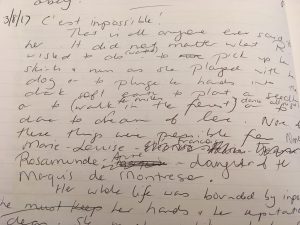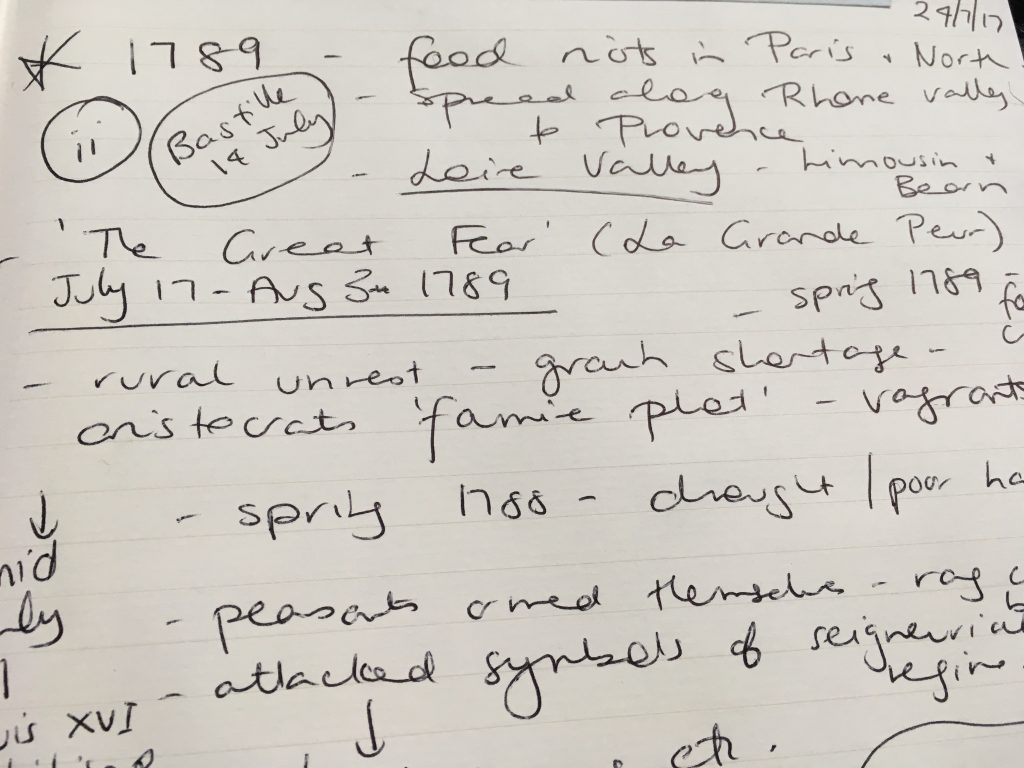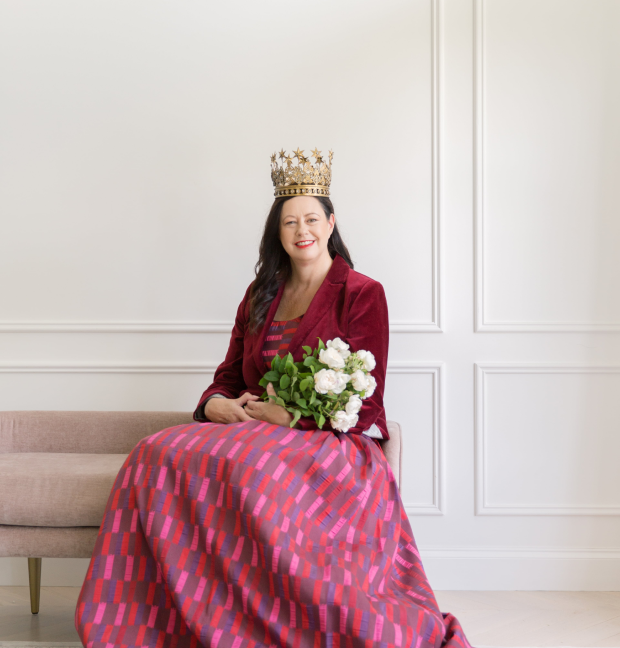How to Research Effectively
I have written books set in Kent during the time of Charles II and Oliver Cromwell (The Gypsy Crown); set in Scotland during the tumultuous reign of Mary, Queen of Scots (The Puzzle Ring); in Renaissance Venice and Versailles in the time of the Sun King (Bitter Greens); in Germany during the Napoleonic wars (The Wild Girl); and in Berlin in the time of the Third Reich (The Beast’s Garden).
With each novel, I have had to totally immerse myself in the place and the time, being careful to remember when spinning wheels were invented; when windows began to have glass in them instead of a flap of ox-skin; whether one drank out of pewter mugs or crystal glass; who wore underwear and who did not; and what use they had for the contents of their chamber-pots.
Bitter Greens was particularly tricky, as it moves between two timeframes and two distinctly different worlds (Venice in the time of plagues and witch-hunts, Versailles in the time of high-heeled ballet and wigs).
All my books were research-intensive. In some cases, I spent years doing the reading I needed. I think research is one aspect of writing a novel that should never be skimped. Gustave Flaubert once wrote that ‘God is in the details’. What he meant is that it is in the small details that a world is brought to vivid life … and getting these small details wrong can break the spell of enchantment a story casts over its readers.
A writer must know intimately the world in which our characters move. We must understand how they think, how they feel, what they wear and eat and drink, what gods they cry out to in their despair and how they cast wishes. We have to make the invented world of our story feel so real that our readers believe in its possibility. The only way to do that is to be deeply steeped in the time and place in which our story is set.
Yet writers can sometimes struggle with the burden of research. They don’t know what they need to know, they don’t know how to find it, and they don’t know how much they should do. I get asked the same questions again and again, and over time I have developed my Top Tips For Effective Research:
- Choose your setting. You cannot begin researching your story unless you know where and when your story is set. If you have only a vague idea, start by trying to pin down your setting. Browse through books and the internet, and jot down ideas and possibilities. Play with ideas. Identify the key events and people, and begin compiling brief notes, rough timelines and draft outlines. Prepare a system for yourself to keep your notes in order – the earlier you devise a system, the better. Personally I use a notebook, so that I don’t have loose bits of paper and index cards flying around, plus individual files on my computer … but other writers use programs such as Scrivener.
- Identify your key topics or questions: What do you need to know? Write lists of questions and problems. Prioritise them, and began finding ways to answer them.
- Start to compile your library: Buy or borrow the books you need, photocopying any pages of interest if you cannot keep the book. Highlight, tag, and mark as necessary. I often use different coloured tags for separate topics.
- Start with the Big Picture: Begin by reading general references books and websites. Children’s history books are often a good place to begin, as they summarise events simply and clearly, and often have diagrams and lots of photos that can help you visualise what you are writing about. Take a look at newspapers and magazines of the time. Many libraries have these on microfilm and you can acquire a sense of what people were thinking, saying, eating, wearing and reading by looking at the articles and advertisements in the publications of their era. Ask about your library's Inter-Library Loan program, which can enable you to obtain more elusive materials from other libraries. Read as widely as possible – primary sources such as letters and diaries, secondary sources such as the work of historians, and novels written both by writers of that era and historical novelists working now.
- Begin to narrow your focus: Find books or articles that answer specific questions or focus on a specific area of research.
- Document every step: Keep a record of book title, author, and page number, or the website address – with proper publication details - so you have an accurate and up-to-date bibliography at all times. You never know when you might return to the resource, or be asked to name your sources.
- Using the Internet: Learn to Google search effectively. Try different keywords. Follow chains of links. Look at later pages. Try Google Scholar and Google Books. Remember to fact-check – the internet is not always reliable. Don’t forget Youtube. It’s astonishing what you can find there, from recordings of the songs of nightingales to 360 degree panoramas of the view from the top of a church tower.
- Don’t forget the TV! The History Channel and the BBC feature excellent documentaries of all time periods and biographies of famous people.
- Note Taking: Take copious notes. It’ll help you remember and you never know what may be useful later.

- Give Yourself Plenty of Time: Research is slow and arduous. It may take time to get the book or article you need. You may need to read it many times to absorb it all. You mustn’t hurry the research process.
- Compile Timelines and Summaries: Start to create a timeline for your story. As you research, add any relevant dates or interesting facts. Write up summaries of key research, adding to it constantly.
- Ask for Help! Do not be afraid to ask for help. Talk to librarians, and write to experts in your field. Hire a translator if necessary.
- Research Trips: Go to museums, visit locations, travel to the place of your setting. It can help enormously. Keep all your senses alert and awake. Sensory detail is one way to bring the invented world of the novel to life.
- Know When to Stop. I am asked all the time – how do you know when you’ve done enough research? How much research is too much research? I always say that there is no such thing as too much research – the more you know, the better. However, sometimes writers use research as a way of procrastinating. They are afraid to begin the hard job of writing the story. If that is the case, begin work on the creative aspects of your novel - planning your narrative structure, working out the events of your story. If you find you can’t because you don’t know enough, then you know you haven’t done enough research yet. Also, be aware that – as you write – you will discover things you need to know that will drive you back to your research books.
- Don’t Put All of It in the Novel. Finally, it is just as important to recognize when enough is enough. Lengthy and in-depth research carries its own liabilities. After you have spent time, energy, and money on acquiring precious facts, you will want to use them all. Don’t.
Researching can be one of the most difficult, time-consuming and exhausting aspects of being a historical novelist, or it can be one of the most enjoyable. For me, it is always the latter. I love researching. It’s reading with a purpose. It’s a journey of discovery in which you find all sorts of hilarious and heart-rending things that will help make your novel an extraordinary reading experience.



